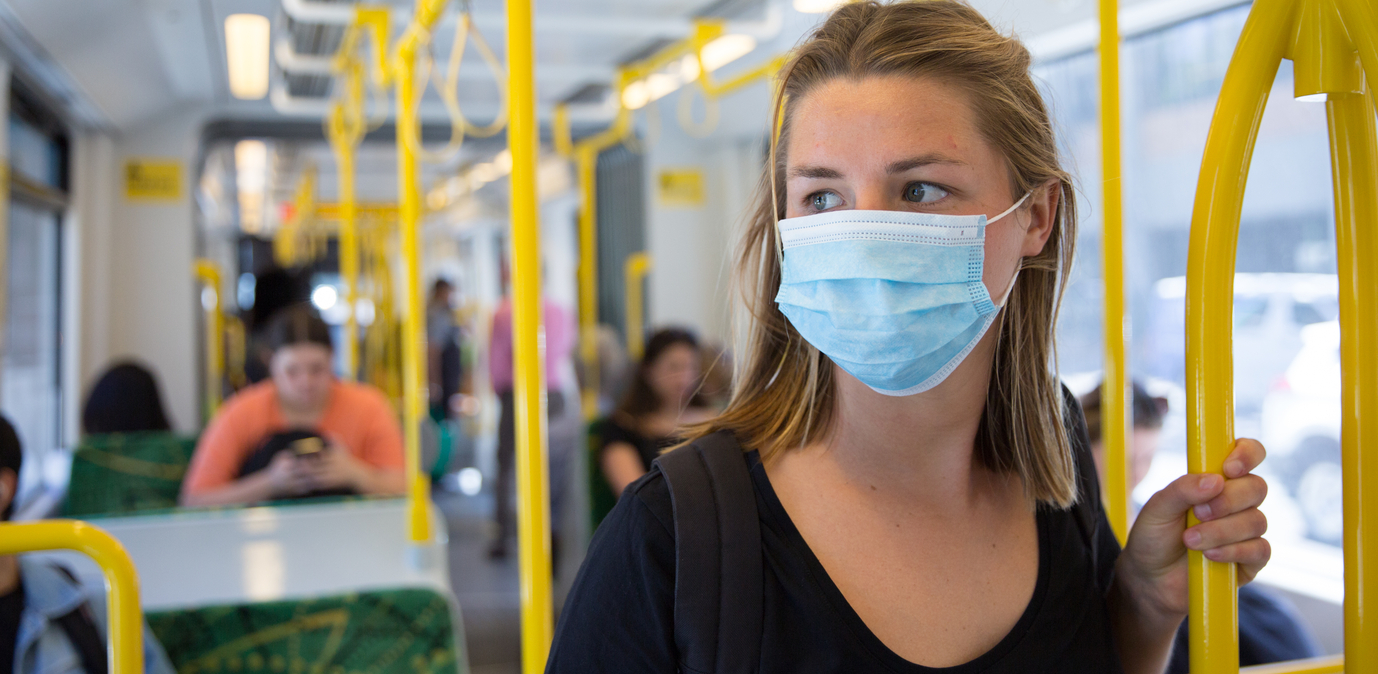Top 3 On Demand Mobility Stories in Europe - 6 September 2019
by Matthew Niblett on 06 Sep 2019
This week's top three: Ireland considers age limits and maximum speed for e-scooters; Under 18s and non-drivers to be banned from using e-scooters in Malta; and German Environment Agency says scooters can replace cars in suburbs.
1. Ireland considers age limits and maximum speed for e-scooters
The Irish Ministry for Transport and Tourism has opened a consultation on “Personal Powered Transport”, a category which includes e-scooters. Transport and Tourism Minister Shane Ross launched the consultation, based on the findings of a report into the issue of e-scooters and similar vehicles. The report recommended the creation of clear terms of classification for e-scooters, and also encouraged the Government to produce guidelines on how to use the vehicles safely, as well as minimum safety standards for the vehicles themselves. The consultation asks for views on whether there should be age limits for e-scooter users, whether they should be obliged to wear a helmet, what the maximum speed of an e-scooter should be, and several other issues. It will close on 1 November.
2. Under 18s and non-drivers to be banned from using e-scooters in Malta
The Government has proposed a new set of laws governing e-scooter use in the island nation. Under the proposals, all scooter riders will have to be 18 or over, be insured to ride the scooter, and have a driving licence. Scooters will be banned from all major roads, with fines of up to €500 for non-compliance. Scooters will have to be registered with Malta’s Transport Department, and a speed limit of 20 km/h will be imposed on roads.
3. German Environment Agency says scooters can replace cars in suburbs
The President of the Federal Environment Agency (FEA), Maria Krautzberger, has said that electric scooters are needed in suburban areas, where they can replace cars for short trips, more than they are needed in urban areas, where journeys can be carried out by walking, cycling, or taking public transport. Krautzberger added that, if e-scooters prevent individuals from walking or cycling, they will be having a negative impact on the environment. The FEA is considering whether to advise local authorities to only approve e-scooters which meet certain environmental criteria, including battery life and repairability.
This is a weekly note covering the top three developments in the regulation of on-demand transport in Europe. It covers taxis, ride-sharing, car sharing, carpooling, bikes, e-bikes, scooters, shared mopeds and anything else that's relevant to the sector. We also produce weekly global round-ups of developments in particular sectors of the sharing economy and offer a free two-week trial.
If you'd like to receive the Top 3 Stories direct to your inbox then please enter your email address below:
Topics: Transport, Sharing economy, Collaborative economy, Sharing and on-demand transport, Top 3 Mobility Stories This Week, Mobility, Matthew Niblett






Comments